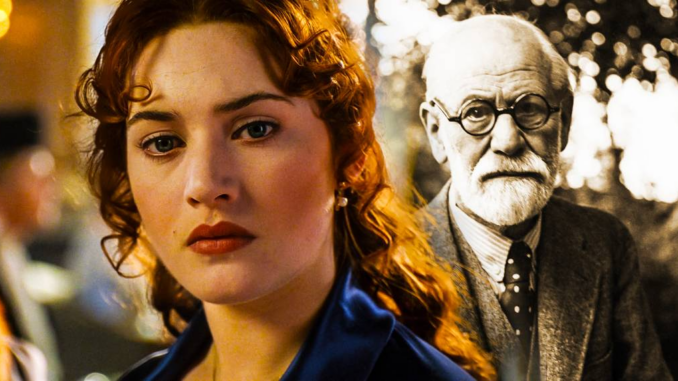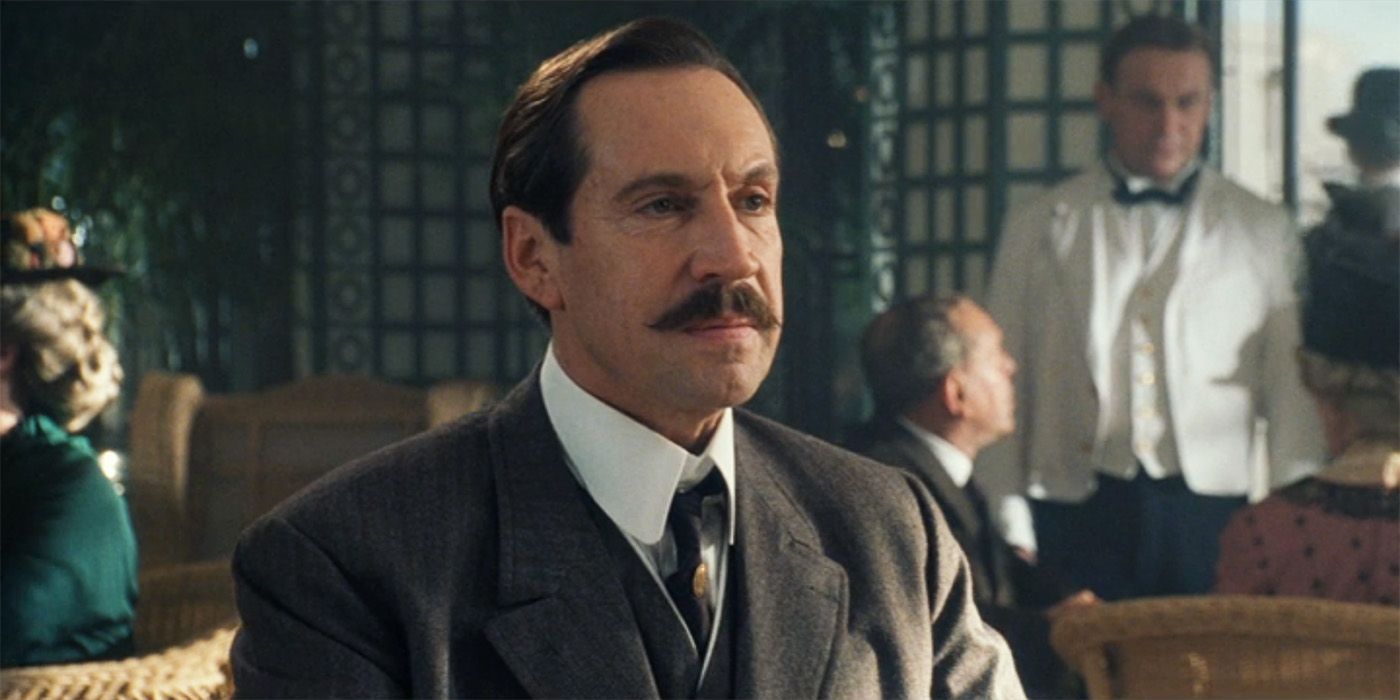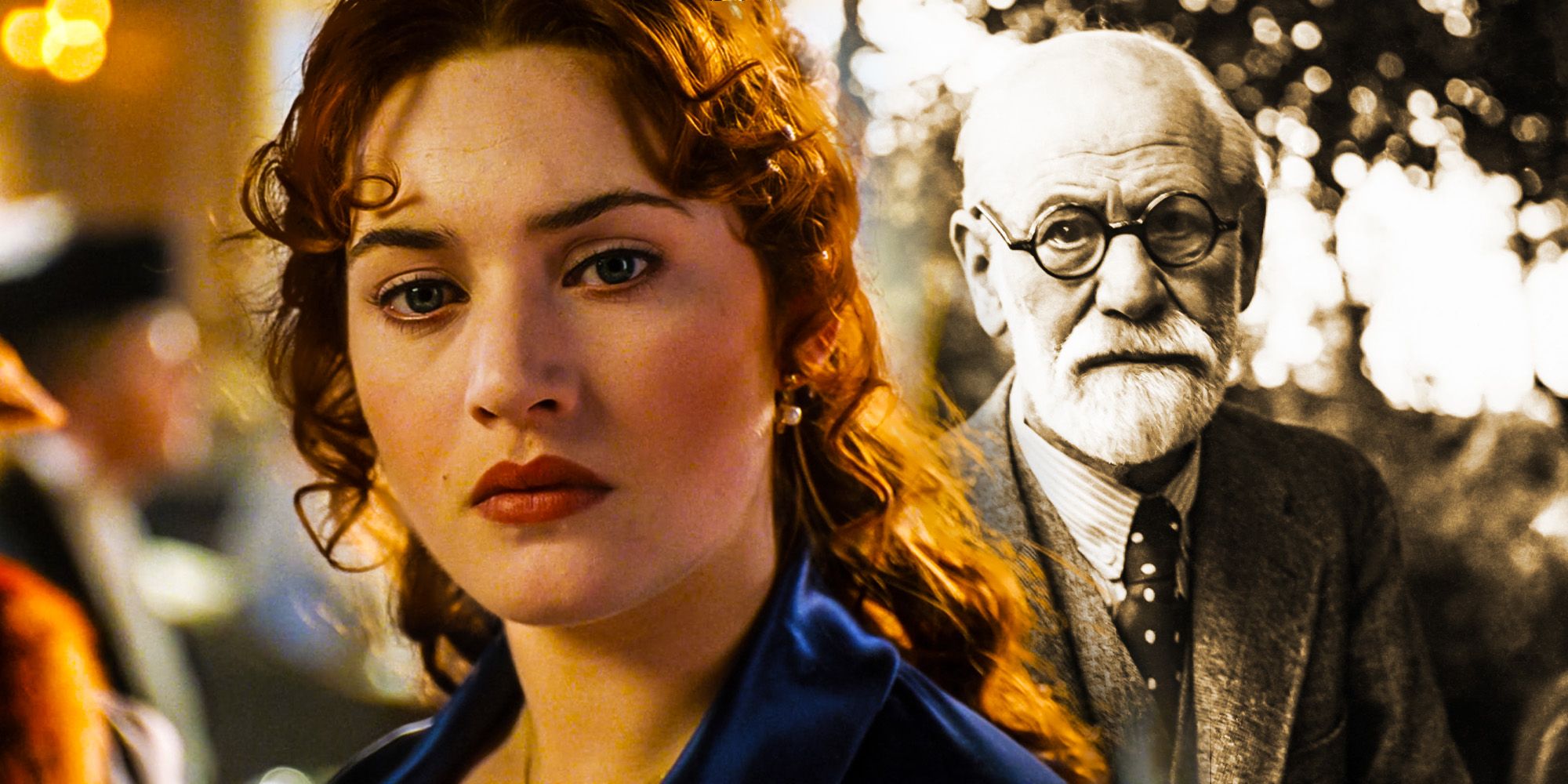
Although Titanic is based on a real-life tragedy and various characters are based on real people, it has many historical inaccuracies, including one in one of Rose’s funniest and cleverest lines. Although James Cameron is now mostly associated with the sci-fi genre thanks to movies like The Terminator and the Avatar film series, one of his biggest and most important projects was far from that genre: Titanic, a disaster drama movie released in 1997 and which was the most expensive movie ever made at the time.
Based on the accounts of the sinking of the RMS Titanic in 1912, Titanic tells the fictional story of Rose DeWitt Bukater (Kate Winslet) and Jack Dawson (Leonardo DiCaprio), two passengers from opposite social classes who fall in love aboard the ship during its ill-fated maiden voyage. The story is told from the perspective of old Rose, who shares the struggles of her life back then along with those of falling in love with a man from a completely different world in a time where social status was everything. Throughout Titanic, Rose was shown defying the ideas of her family and those from “first-class” which were rooted in classism and ambition, and she clapped back at some of the biggest names aboard the ship a couple of times.

During a meal at the first-class dining room, Rose, her mother Ruth (Frances Fisher), and her fiancé Cal Hockley (Billy Zane) are joined by Molly Brown (Kathy Bates), Thomas Andrews (Victor Garber), and J. Bruce Ismay (Jonathan Hyde), and they are talking about how the ship was designed and made. Molly asks who thought about the name “Titanic”, with Ismay taking credit for it. He then explains that he wanted to convey “sheer size, and size means stability, luxury, and above all, strength”. Rose asks him if he knows Dr. Freud, and that his ideas about the male preoccupation with size might be “of particular interest to him”, prompting the laughs of Molly and Mr. Andrews, as well as the discomfort of Ruth. The scene is even better as Ismay doesn’t get what Rose is telling him, asking if Freud is a passenger of the Titanic – however, it’s yet another historical inaccuracy as Freud’s ideas on that particular subject hadn’t been published yet.

As pointed out by many viewers over the years, Rose’s reference to Sigmund Freud’s ideas about male size weren’t published until 1920, specifically in the essay Beyond the Pleasure Principle. Some have pointed out that Freud’s ideas were already “floating around” by the time the Titanic sailed, but that specific theory didn’t gain force until after 1920, so as clever and funny as it was to hear Rose telling Ismay that he was making up for something through the size of the Titanic, it isn’t historically accurate. However, the scene shows not only Rose’s strength and how much she wanted to break free of that egocentric environment she didn’t fit in but also showed a bit more of Ismay’s character. Ismay appears sporadically and briefly throughout Titanic and is mostly shown as a coward, but that scene about Freud also showed he was incredibly naive (and also a bit ignorant).
Although Rose’s reference to Sigmund Freud’s ideas about the male preoccupation with size isn’t historically accurate, it doesn’t really change her arc nor that of the rest of the characters involved in the scene, and it actually does more good than bad. Titanic is full of inaccuracies and mistakes, but some end up helping the story a little bit and in very subtle ways.
